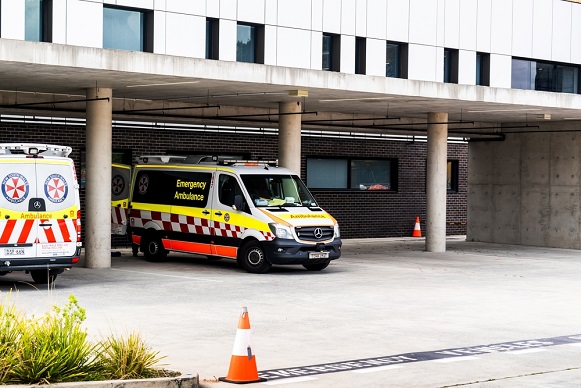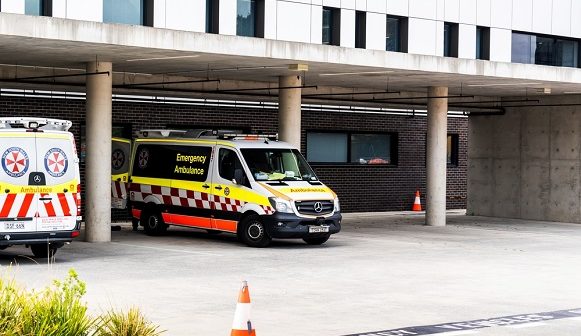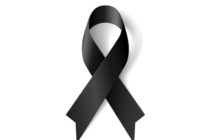
Written by staff writer.
The NSW Ambulance Service has pleaded guilty before Judge Wendy Strathdee in Sydney’s District Court over a breach of the Work Health and Safety Act (WHSA) after the 2018 suicide of a longstanding paramedic accused of misusing fentanyl.
NSW Ambulance employs around 5,000 paramedics who work out of 220 stations around Australia’s most populous state. On April 4, 2023, its legal representatives entered the guilty plea to a criminal breach of s.19 of the WHSA after SafeWork NSW took the highly unusual step of prosecuting a government entity over its failure to adequately care for an employee.
According to Nine Media, Tony Jenkins, a paramedic of 28 years standing, was called into a meeting with Ambulance NSW in 2018 and accused of misusing fentanyl. He left the meeting alone and took his own life later that day. An autopsy found no traces of the drug in his system.
The subsequent SafeWork NSW investigation found NSW Ambulance did not abide by procedures regarding the storage, handling, record keeping, and disposal of restricted drugs. An audit of ambulance stations in the Hunter region where Jenkins worked found a substantial number of fentanyl vials had been tampered with, and others were missing. The investigation found that paramedics handling and administering the drug sometimes did so without other Ambulance NSW employees present.
A groundbreaking study last decade based on coronial findings between 2000 and 2012 identified the high suicide rates among frontline emergency services workers in Australia. Over this period, it was found one frontline emergency services worker was suiciding every six weeks, with around 60% involving current or former police officers and 20% each involving current or former ambulance and fire brigade workers. While firearms were the leading cause of death, approximately 40% of ambulance employees poisoned themselves.
Findings from a more recent report compiled by a police union revealed the suicide rate among Australian police officers has more than doubled between 2000 and the present day, with 11 officers taking their own lives in 2022. Conversely, the number of police officers killed in the line of duty over the same period decreased by more than two-thirds.
Australian mental health organization Beyond Blue says the nature of police and emergency services work means personnel are likely to be regularly exposed to potentially traumatic events, which may impact mental health. Mr Jenkins was the third Hunter region-based paramedic to take their own life in ten years.
In a case that has implications for other NSW workplaces, especially workplaces where employees may be exposed to traumatic incidents, WorkSafe NSW said NSW Ambulance had failed in its duty of care towards Jenkins by failing to oversee the appropriate handling of restricted drugs. His family allege accusing him of misuse and letting him leave the meeting alone aggravated the offence.
Shortly before Mr Jenkins took his own life, NSW Ambulance CEO Dominic Morgan told an NSW parliamentary committee that there were serious cultural problems within the organization, including rates of bullying that other workplaces would not tolerate.
Lawyers for NSW Ambulance say its guilty plea, along with steps taken to strengthen procedures around the handling of restricted drugs, means that the entity should not be fined the maximum amount (AUD500,000) for the offence. Judge Strathdee has reserved her decision on the penalty to a later date.
Lifeline 13 11 14.






